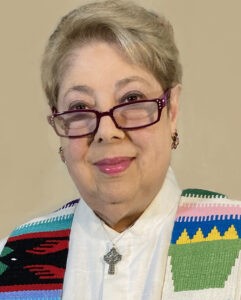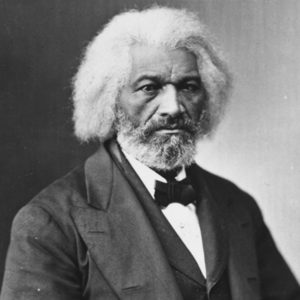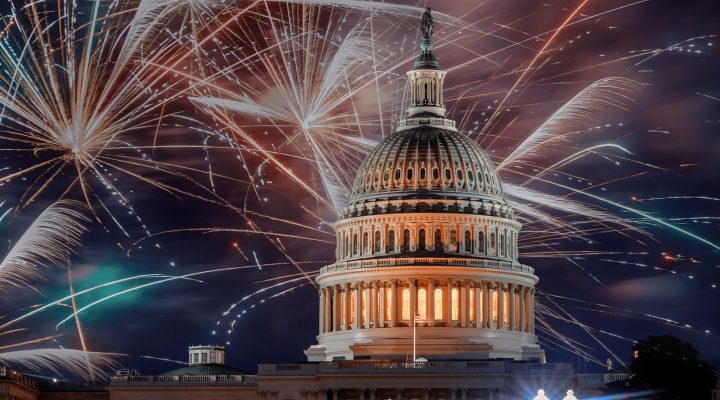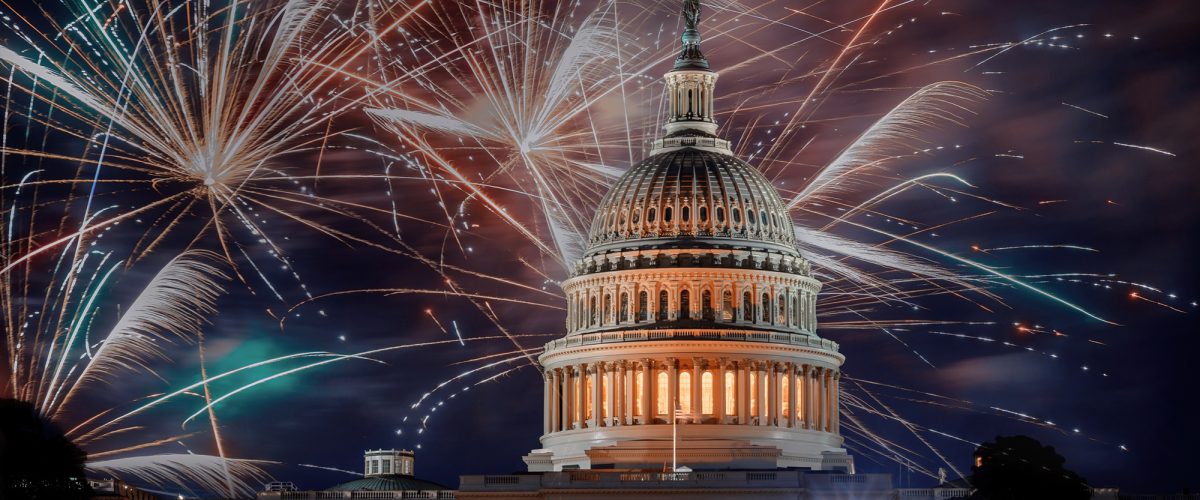What do we call the American holiday coming up soon? The Fourth of July? Or Independence Day?
A long-time friend answered that question for me in a dialogue we had two years ago. “It’s just the Fourth of July,” she emphasized, “Nothing more! It can be about fireworks and hot dogs, but that’s all it can be! You white people can celebrate it as Independence Day. My people cannot!”

Kathy Manis Findley
I was not surprised at her response. I had understood for a long time that this holiday is one many African Americans can not celebrate. But I was a bit surprised at the vehement tone of her response. I knew she was not angry with me, but she obviously held some strong emotions around this holiday. This was a conversation to pay attention to, I thought, a conversation we should continue. And we did.
Frederick Douglass
Our conversation prompted me to recall the powerful oratory of abolitionist Frederick Douglass, who answered another compelling question on July 5, 1852, in Corinthian Hall, Rochester, N.Y. An acclaimed orator, Douglass was invited to speak to a predominantly white audience at Rochester’s annual Independence Day ceremonies. The ceremony began with a local pastor leading in prayer and then reading from the Declaration of Independence. After that, Douglass took the stage to deliver a speech now known as, “What to the Slave Is the Fourth of July?”
He began to speak: “Fellow citizens, pardon me, and allow me to ask, why am I called upon to speak here today? What have I or those I represent to do with your national independence?”
History tells us the crowd grew uneasy. Douglass twisted the knife and left us with this famous passage we are compelled to hear anew in 2022:
What, to the American slave, is your Fourth of July? I answer: A day that reveals to him, more than all other days in the year, the gross injustice and cruelty to which he is the constant victim. To him, your celebration is a sham; your boasted liberty, an unholy license; your national greatness, swelling vanity; your sounds of rejoicing are empty and heartless; your denunciations of tyrants, brass-fronted impudence; your shouts of liberty and equality, hollow mockery; your prayers and hymns, your sermons and thanksgivings, with all your religious parade, and solemnity, are, to him, mere bombast, fraud, deception, impiety and hypocrisy — a thin veil to cover up crimes which would disgrace a nation of savages.
“There is not a nation on the earth guilty of practices more shocking and bloody than are the people of these United States, at this very hour.”
There is not a nation on the earth guilty of practices more shocking and bloody than are the people of these United States, at this very hour. Go where you may, search where you will, roam through all the monarchies and despotisms of the old world, travel through South America, search out every abuse, and when you have found the last, lay your facts by the side of the everyday practices of this nation, and you will say with me, that, for revolting barbarity and shameless hypocrisy, America reigns without a rival.
Lessons from a friendship
My friend and I continued our discussion for an hour or so, as it became clear the Fourth of July would set up a barrier between us, a barrier we always had acknowledged. Yet, we also had decided early on that our friendship was stronger than my white skin and her black skin.
After we talked, I remembered a PBS article titled, “For Some Americans, July 4 is a Time Not to Celebrate But Reflect.” That statement was truth for my friend. As she explained her feelings to me, I felt an overwhelming desire and commitment to celebrate less and reflect more. In some sort of guilt-absolving act, I would commit to the solidarity of reflecting with her on July 4, 2020, and every year thereafter.
Regardless of the minimal change such reflecting together can accomplish, it does mean standing in solidarity with another person. I learn more each day about the hard commitment of liberating those who are oppressed.
Hear the voices of others
As for the Fourth of July, we ought to hear these voices and reflect on their thoughts.
“I don’t feel independent from the oppressors of the past. As an American descended from slaves, we weren’t into it,” Valerie Brown, a 49-year-old Black woman from Brooklyn, N.Y., wrote of her family’s feelings about the Fourth of July growing up.
Alex Furtado, a 30-year-old Hispanic man from Boston, said the term “Independence Day” does not resonate with him. “I don’t feel independent from the oppressors of the past,” he wrote. “I still see it in different forms and expressions in American society today. I still see how I and others internalize the narratives of these oppressors.”
“Independence Day celebrations also can feel confusing for Native Americans.”
Independence Day celebrations also can feel confusing for Native Americans, according to a 2020 article in Smithsonian Magazine. While the Declaration of Independence claims that “all men are created equal,” Native Americans remember the words of another of the grievances against the king: “He has excited domestic insurrections amongst us, and has endeavoured to bring on the inhabitants of our frontiers, the merciless Indian Savages, whose known rule of warfare, is an undistinguished destruction of all ages, sexes and conditions.”
‘The immeasurable distance between us’
Returning to the fiery words of Frederick Douglass reminds us that the hypocrisy of July Fourth was front and center in his famous 1852 address as he spoke of the “sad sense of disparity” that existed between Black and white Americans at a time when slavery had not yet been abolished.

Frederick Douglass
I am not included within the pale of glorious anniversary! Your high independence only reveals the immeasurable distance between us. … The rich inheritance of justice, liberty, prosperity and independence, bequeathed by your fathers, is shared by you, not by me. The sunlight that brought life and healing to you, has brought stripes and death to me. This Fourth (of) July is yours, not mine. You may rejoice, I must mourn. … At a time like this, scorching irony, not convincing argument, is needed. Oh! had I the ability, and could I reach the nation’s ear, I would, today, pour out a fiery stream of biting ridicule, blasting reproach, withering sarcasm and stern rebuke. For it is not light that is needed, but fire; it is not the gentle shower, but thunder. We need the storm, the whirlwind, and the earthquake. The feeling of the nation must be quickened; the conscience of the nation must be roused; the propriety of the nation must be startled; the hypocrisy of the nation must be exposed; and its crimes against God and man must be proclaimed and denounced.
Standing in solidarity
In 2022, slavery in many of its forms still has not been abolished. All people cannot live as though they “are created equal.” As I speak over the years with my friend, I am acutely aware of the painful state of current life in this country for people of color. As I continue to reflect with her on this holiday, I am hit squarely in the face with the truth that liberation means standing in solidarity with persons for whom full freedom is out of reach, unrealized and sometimes impossible.
My friend and colleague Wendell Griffen would tell us to “stop denying that white violence against people of color is a consistent part of the history of this society.” Frederick Douglass might tell us that to see real change, this country still needs “the storm, the whirlwind and the earthquake.” He would tell us that sometimes oratorical fireworks are the best way to commemorate the Fourth of July. I agree with him. No one ever stood with oppressed people in search of liberation without a few oratorical fireworks, some bold acts of courage, at least a few moments of real danger, and the passion and persistence of the gospel mandate.
“Sometimes oratorical fireworks are the best way to commemorate the Fourth of July.”
On this Fourth of July, sit with oppressed people, listen intently to them, reflect with them on the thoughts of Frederick Douglass and on the current unjust systems at play in this country.
Set your face like flint, because this nation’s hypocrisy must be exposed, its crimes against God and humankind must be proclaimed and denounced, and people of faith must become fierce and persistent advocates for change.
Kathy Manis Findley is an ordained Baptist minister with Greek Orthodox roots. Now retired in Macon, Ga., she spent her 38-year ministry serving as a pastor, hospital chaplain, trauma counselor and missionary to Uganda. She is a graduate of Southern Baptist Theological Seminary and is certified in victimology, trauma intervention and child forensic interviewing. She is the author of two serious books, Voices of our Sisters and The Survivor’s Voice: Healing the Invisible Wounds of Violence and Abuse, and just for fun, one Kindle novel.
Related articles:
On July 4, I will not be celebrating. Here’s why | Opinion by Wendell Griffen
Confessions of an unpatriotic Christian | Opinion by Chris Conley


